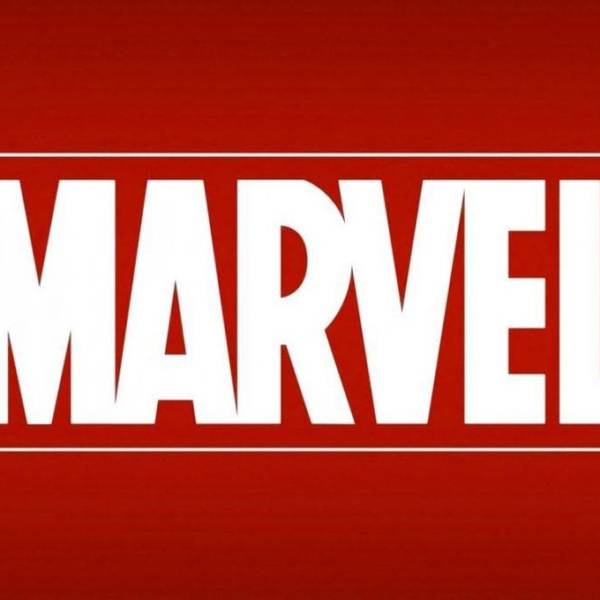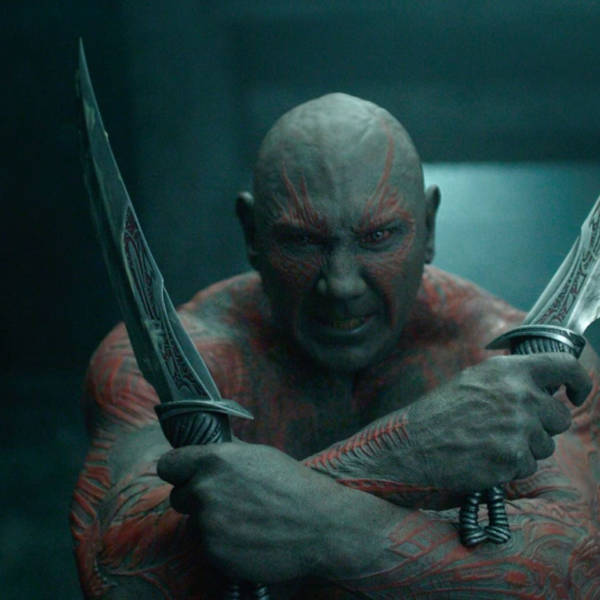Sony Passing on Buying Marvel Is the Reason We Got ‘The Avengers’
About a week ago, stories emerged that Sony was looking to sell its entertainment division in the wake of Kaz Hirai stepping down as CEO, which could include selling Spider-Man‘s film rights back to Marvel. But with Black Panther headed to another big windfall at the box office for Marvel, the Hollywood press is abuzz at the news that Sony turned down an offer to buy all of Marvel’s film rights in 1998 for $25 million and passed, eventually settling on just buying Spider-Man for $10 million. Headlines like “Sony Made a Big Mistake Passing on Black Panther & Iron Man Rights” and “Sony Blew a Chance to Own the Entire Marvel Cinematic Universe” have been popping up, but the deal probably ended up working out in Sony’s favor.
To explain how not buying the most profitable franchise in film history was actually the right decision, I need to take you back through comic book history, all the way to the 1960’s. Hysteria around comic books, much like the panics about rap music, heavy metal or violent video games, had led to the creation of the Comics Code Authority, an independent group that gave comics a stamp of approval that they were wholesome and therefore okay for newsstands to stock. This led to a big decline in crime and romance comics, the dominant genres for comics at the time. War and Western comics were also on the decline as the genres declined in television and film.
On the verge of collapse, Marvel decided to try bringing back the superhero comics that had been so successful in the 1940s. DC had a few superhero comics at the time, mainly Superman, Batman and Wonder Woman, but the genre was almost dead. So in 1961, Stan Lee and Jack Kirby launched The Fantastic Four with a cover that disguised their superhero team as a monster comic, and the book that would be Marvel’s number one seller for the next 25 years was born. When it hit, they launched a number of additional superhero comics, the most popular ones being The Amazing Spider-Man and The Incredible Hulk.
Superhero comic books thrived, and in 1975 Marvel handed one of their worst-selling books, The Uncanny X-Men, to a young new writer, Chris Claremont. By the mid-1980s Claremont and artist John Byrne would turn the X-Men into the biggest name in all of comics.
By the mid-90s, however, a combination of forces including poor business decisions and a collapse of collectibles like toys and trading cards led Marvel to file for bankruptcy. In a bid to stay afloat, Marvel started selling the film rights to its characters to movie studios. Universal bought The Incredible Hulk while Fox picked up two of Marvel’s crown jewels, The Fantastic Four and the X-Men. When Marvel went to Sony to sell the rest, the only property they had of any worth was Spider-Man, which is the one Sony bought.
Eventually, Marvel pulled itself out of bankruptcy and Spider-Man and the X-Men had become bona-fide hits at the box office. Marvel wanted in on the big-screen dollars their characters were bringing in, but there was just one problem; they had sold off the rights to all of their A-list characters. Over the years, Marvel had made a few attempts to position The Avengers as their version of DC’s Justice League, none of which were particularly successful until 2005’s New Avengers, which added Spider-Man and Wolverine to the team. The Avengers characters themselves were still firmly on the B-list, and even today Marvel’s best-selling comic books are The Amazing Spider-Man and X-Men Gold.
But Marvel had what they had and they moved forward with a movie based on The Invincible Iron Man starring Robert Downey, Jr. Everything about this movie was a huge risk. Downey had last been seen being too drunk and high to show up on set for Ally McBeal and the name Iron Man made people think more of Black Sabbath than Marvel Comics. When the film came out, it was a hit, and at the time, an unheard of post-credit scene featured Sam Jackson as Nick Fury and teased a future Avengers film. Marvel Studios was born, and films featuring The Hulk, Captain America and Thor followed, all of which had characters, most prominently Nick Fury and Phil Coulson, crossing between the movies. Finally, in 2012, the Joss Whedon-helmed Avengers film hit theaters and established Marvel as the biggest brand in cinema.
While it’s easy to think that Sony could have done the same thing Marvel did with the rights to the characters, it’s safe to say that the Marvel Cinematic Universe as we know it could have only happened at Marvel. A risk-averse studio like Sony would have never hired Robert Downey, Jr. to play Tony Stark; he was too much of a liability for a small indie film, much less a big-budget tentpole film. We saw what Sony did with Spider-Man and what Fox did with X-Men before Marvel came along, and the answer is largely that they dropped the ball. The first film to not entirely live up to expectations and the franchises mainly went back on the shelf until Marvel made superheroes the big thing in cinema.
Had Sony bought all of Marvel characters, they may have made one or two movies with the characters, but they wouldn’t have had the vision of Kevin Feige to build a world for those films to all take place in. When their third Spider-Man film was essentially a flop, Sony was ready to throw in the towel and move on to greener pastures. Marvel Studios had to make The Avengers a success, because they didn’t have anything else, literally. They also never would have gotten Spider-Man: Homecoming or Spider-Man’s appearances in other Marvel movies, things which have greatly increased the value of the Spider-Man property from where it was after Spider-Man 3 and The Amazing Spider-Man 2. Sony stands to make more money selling Spider-Man back to Disney today than they ever would have made from their increasingly disastrous pre-Marvel Spider-Man films. And it happened because they didn’t buy the biggest franchise in cinema. While it sounds like they passed up a chance to make billions, that money never would have materialized had it not been for Marvel making their cinematic universe out of characters no one else wanted.


